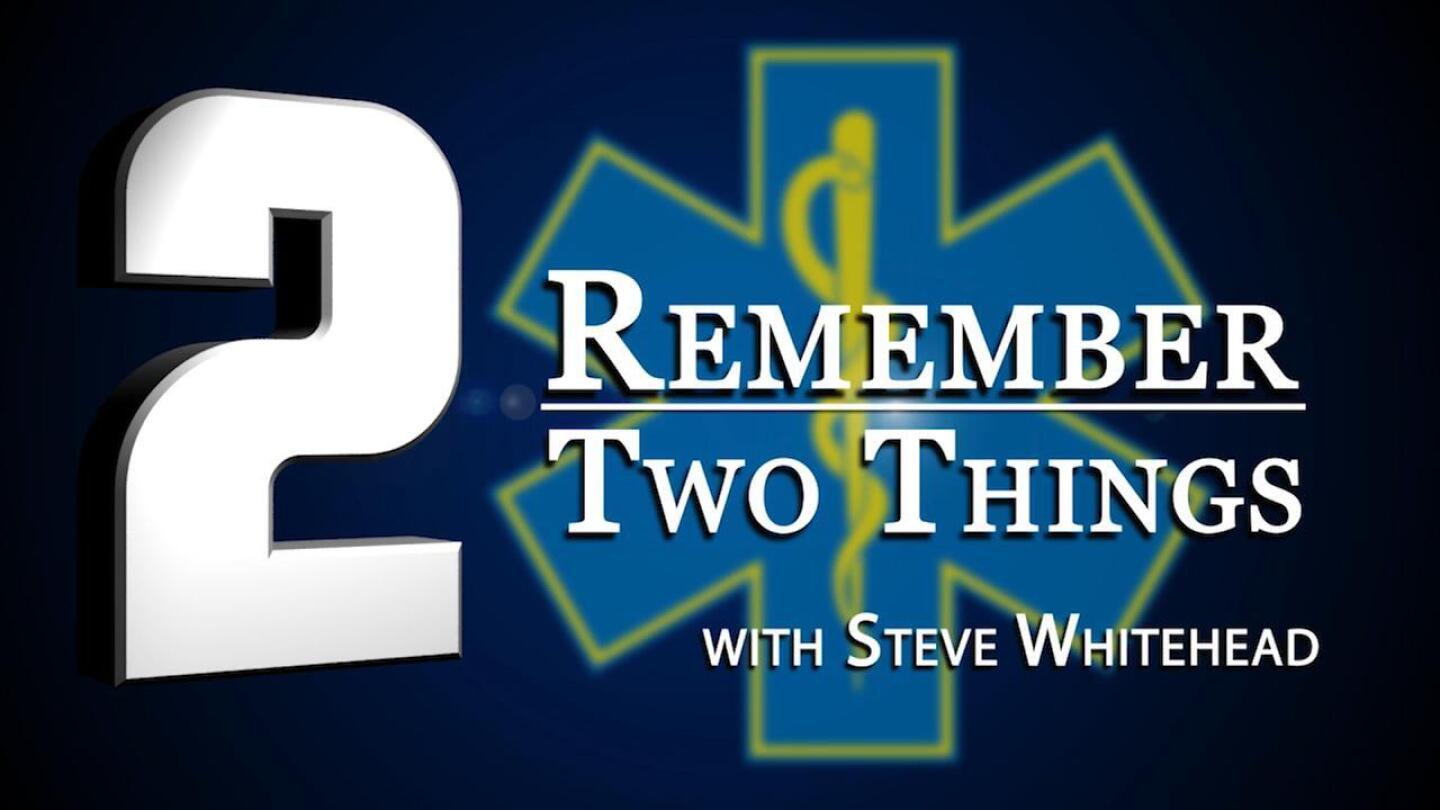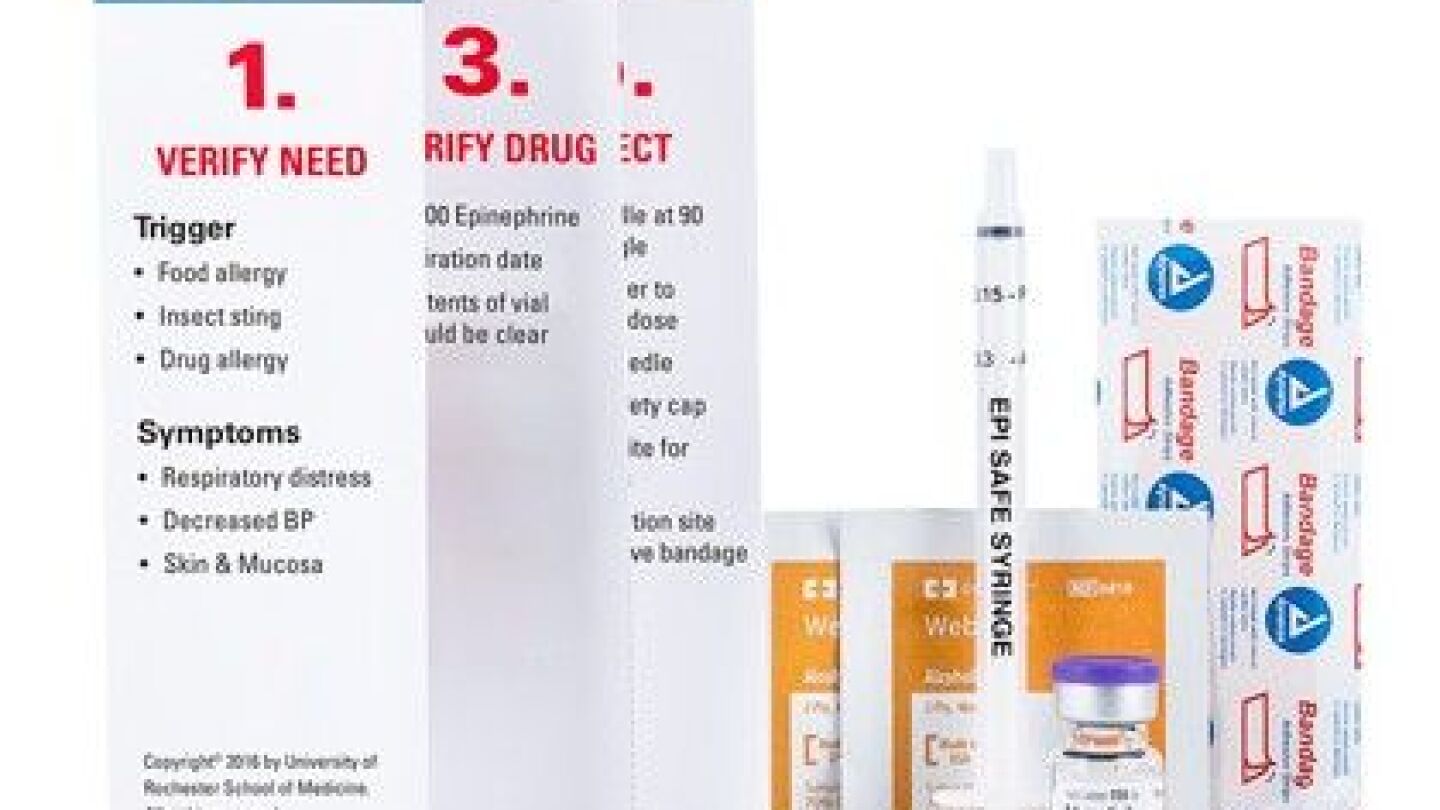Clinical
Access our directory of clinical articles in EMS, which offers in-depth information on patient assessment, treatment protocols, and emerging medical practices. This collection covers various clinical topics essential for EMS professionals, from advanced pharmacology to trauma management. Staying up-to-date with clinical knowledge is vital for delivering high-quality patient care. For additional resources, explore our section on Medical Research. Enhance your clinical expertise with our expert-driven content.
New research explores how point-of-care lung ultrasound can improve prehospital identification of acute heart failure
From the 1500s until today, techniques for placing a tube into the trachea have continuously evolved and will continue to improve in the future
Be prepared for Super Bowl-related emergencies, from avocado mishaps to cardiac arrest
Triage and ethical considerations in prioritizing care for healthcare professionals and the public in an influenza pandemic
Charleston leaders have raised concerns over dirty needles in public places that are “flipped around like cigarette butts”
Bill Carey created a bottle that helps with visual and auditory stimulation in an effort to help autistic patients feel more comfortable
ER doctors at Broward Health North hospital treated several victims after the shooting at Marjory Stoneman Douglas High School, as well as the shooter himself
The ER at St. Joseph’s University Medical Center has decreased opioid prescriptions by 58 percent through their alternative program
Caregiver thermometer can be used for measurement of forehead temperature without contact
The Milwaukee City-County Trauma Response program trains responders to provide services to families and children that have gone through a traumatic experience
House Bill 703 would give first responders access to peer support teams and post-critical incident seminars
Former firefighter Mike Clelland is working with researchers to develop an “instantaneous” online outreach program called E-Home Heroes
The “Take Me Home” program includes an online registry and stickers with the logo that will help first responders assess the situation
The city’s EMS bureau last month became one of the first in Pennsylvania to implement a naloxone leave-behind program
The extracorporeal cardiopulmonary resuscitation protocol is increasing survival rates from zero to around 40 percent
The lawsuit alleges that The Recovery Center and four of its owners defrauded Medicaid by claiming it offered patients medical advice
HCMC in Minneapolis and Regions Hospital in St. Paul have emerged as pioneers in frostbite treatment and earned national recognition for their work
A nurse’s Facebook rant about the “cesspool of funky flu” in ER waiting areas is getting a lot of attention
Improve your patient assessment of traumatic injuries in geriatric medicine
What are the alternative conclusions to a Harvard Medical School examination of glucagon administration in three years of NEMSIS data?
Medicaid has begun paying for additional services and treatment options for low-income addicts, including screenings, methadone and naloxone
Curaplex Epi-Safe injection kits developed specifically for EMS can help agencies cut costs while improving patient care
The goal behind the motion is to find a way to alleviate crowded emergency rooms, while also steering patients with mental health needs into more focused care
Paramedic Charles Hyles called Noelle Jones “the bravest girl I’ve ever seen in all my years of experience”
Paramedic Katie Tudor wrote about the incident on Twitter, saying “we are desperately trying to save someone’s life”
You are dispatched to a baseball diamond in a park, where a girl is complaining of dizziness
Diabetics who call 911 during a hypoglycemic episode have a 3 in 4 chance the responding EMS provider will not be able to administer the lifesaving drug





















